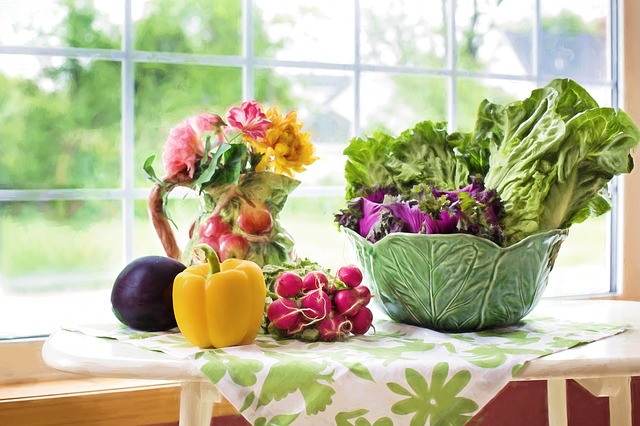Creative marketing is all it takes to get people to eat more vegetables, new research has found.
Researchers at Stanford University discovered that people ate more veggies when they were labeled with decadent descriptions that are usually reserved for more high-end cuisine, CBS News reports.
Alia Crum, assistant professor of psychology and director of the Mind & Body Lab at the university, said, “We really wanted to see if we used descriptors typically reserved for less healthy foods and applied those to healthy foods if we could get people to eat more vegetables.”
To find out if descriptions would change how much vegetables people would eat, the researchers went to a large university cafeteria where veggies were part of the daily menu. Each day, the team changed the labels on certain types of vegetables, using four description types: basic, health restrictive, healthy positive, or indulgent.
For example, beets were “lighter choice beets with no added sugar” under the healthy restrictive category, emphasizing the lack of unhealthful ingredients. Under healthy positive, emphasizing the vegetable’s health benefits, the label was “high-antioxidant beets,” while basic was simply “beets.” Under indulgent, which emphasized flavor, the description was “dynamite chili and tangy lime-seasoned beets.”
Other similar indulgent labels read “sweet sizzlin’ green beans and crispy shallots,” “twisted citrus glazed carrots,” “zesty ginger-turmeric sweet potatoes” and “slow-roasted caramelized zucchini bites.”
The way the veggies were prepared and served was exactly the same. The only thing the researchers changed was the name.
Over 10 weeks, research assistants recorded how many people bought each vegetable, and weighed how much was taken from the serving bowl. Crum said,
The idea was not to lie to people, not to tell them they’re eating something that they’re not. But we can just slightly change the language so that these words could create a sense of indulgence without altering what the food actually is.
The results showed that diners chose vegetables with more luxurious-sounding names 25% more often than when they had basic labels, 35% more than healthy positive labeling, and 41% more than healthy restrictive labeling.
The total amount of vegetables served per day came to 16% more for indulgent labeling compared to healthy positive, 23% more than basic, and 33% more than healthy restrictive.
The researchers say that this is an easy strategy that cafeterias, restaurants and manufacturers can use to encourage more people to eat healthy foods. “It’s a cheap, easy way to rethink our approach to motivating health eating,” Crum said.
The study was published in JAMA Internal Medicine.
























